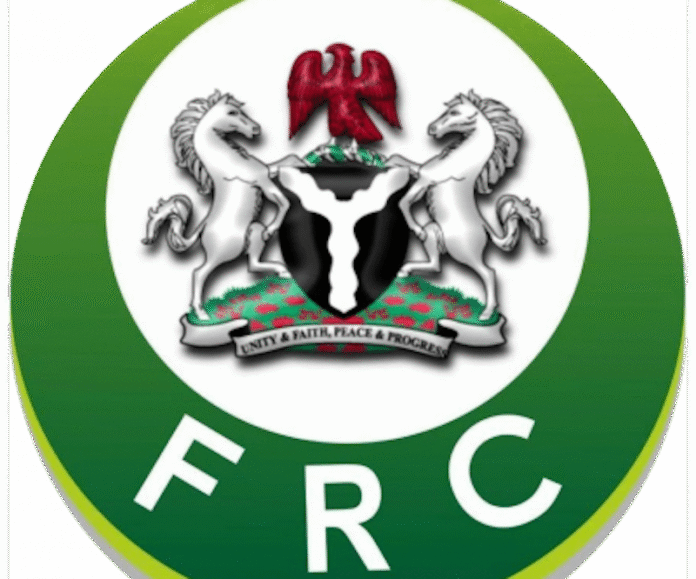Fiscal Responsibility Commission (FRC) has reaffirmed its commitment to entrenching fiscal discipline and promoting prudent financial management at the grassroots by offering technical support to local governments across Nigeria.
The Executive Chairman of the Commission, Victor Muruako, gave the assurance at a capacity-building workshop organised for local government areas in Adamawa state held at the American University of Nigeria (AUN), Yola, Adamawa State.
Muruako, who was represented by the Deputy Director, Policy and Standards Directorate, Mr. Ado Hassan, emphasised that the commission remains resolute in ensuring that funds released to local governments were being managed transparency and accountability in line with the Fiscal Responsibility Act (FRA) 2007.
He explained that extending technical guidance to local councils will not only guarantee compliance with the Act but also build the capacity of local authorities to deliver quality services to citizens.
“The Fiscal Responsibility Commission remains committed to working with subnational governments, particularly at the local level, to entrench fiscal discipline and promote the effective utilisation of resources for sustainable development,” he noted.
The workshop served as a convergence point for key stakeholders, including government institutions, academia, and civil society organisations, reflecting a multi-stakeholder approach to strengthening governance at the local government level.
Sister agencies and organisations that made technical presentations at the event included the Independent Corrupt Practices and Other Related Offences Commission (ICPC), the Rule of Law and Anti-Corruption (RoLAC) Programme, the Bureau of Public Procurement (BPP), the Code of Conduct Bureau (CCB), and the Federal Ministry of Justice.
A major highlight of the workshop was the presentation of the Local Government Accountability Framework (LGAF) for Local Governments in Nigeria, delivered by Dr. Umar Yakubu, Executive Director of the Centre for Fiscal Transparency and Integrity Watch (CeFTIW). The framework, he explained, is designed to serve as a practical guide for local governments in strengthening accountability mechanisms, ensuring efficient use of public funds, and building citizens’ confidence in governance.
By bringing together multiple oversight institutions, the workshop underscored the shared responsibility of all stakeholders in deepening transparency and accountability at the grassroots.
The initiative aligns with the FRC’s broader strategy to build capacity for effective public financial management across all tiers of government, thereby advancing Nigeria’s quest for sustainable development.

